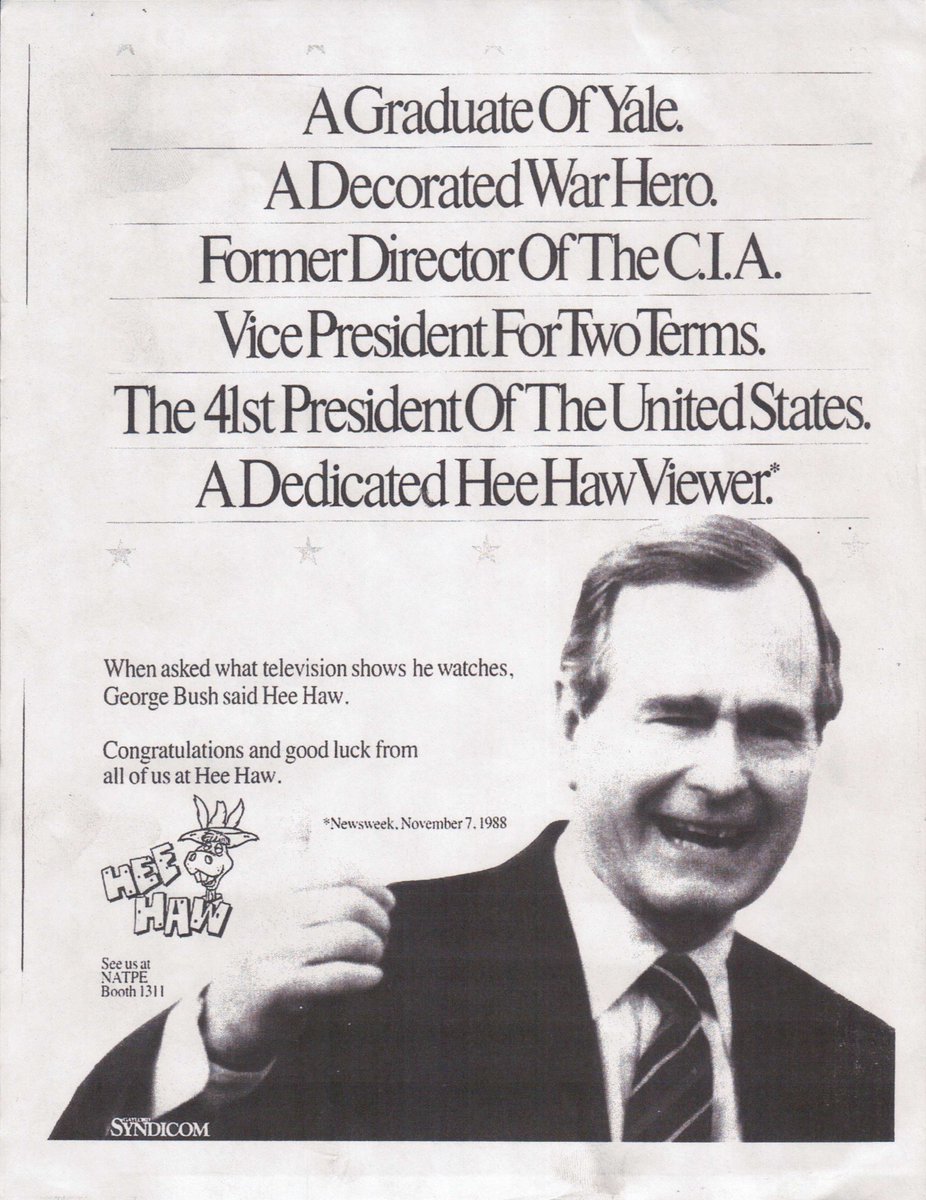It is, possibly, one of the most interesting and important shows in American television history.
Really.
I'm not talking about its jokes or production. Many other things made it interesting and important.
Here goes…
The pitch seems pretty crass. CBS's comedy lineup was heavy on rural shows (Beverly Hillbillies, Petticoat Junction, Mayberry RFD). And Laugh-In was a rising hit. Why not combine them?
Or this, from a 1979 Hee Haw with Clarence Gatemouth Brown, who was also a stellar instrumentalist:
Both shows were filmed in Nashville, too, which was very unusual for national programs at the time. Cash's show didn't last long…
This wasn't just a matter of taste. Ratings technology had advanced and found that older, more rural audiences were watching these shows. The network wanted young viewers.
From replacing the Smothers Brothers to leading into Archie Bunker, Hee Haw seems like a weird, twangy blip.
Except it went on for 21 more years.
Hee Haw went into independent syndication, making new episodes in a really innovative way…
This was the late '60s, early '70s.
Using this same syndication model, a lot of shows that networks passed on began to pop up.
Obituaries will point out how Hee Haw was cornpone. It was in a lot of ways. It looks bizarre today. But it was a lot more than a cartoon donkey or a cornfield.
(Wow, I didn’t think I’d ever use that phrase.)














